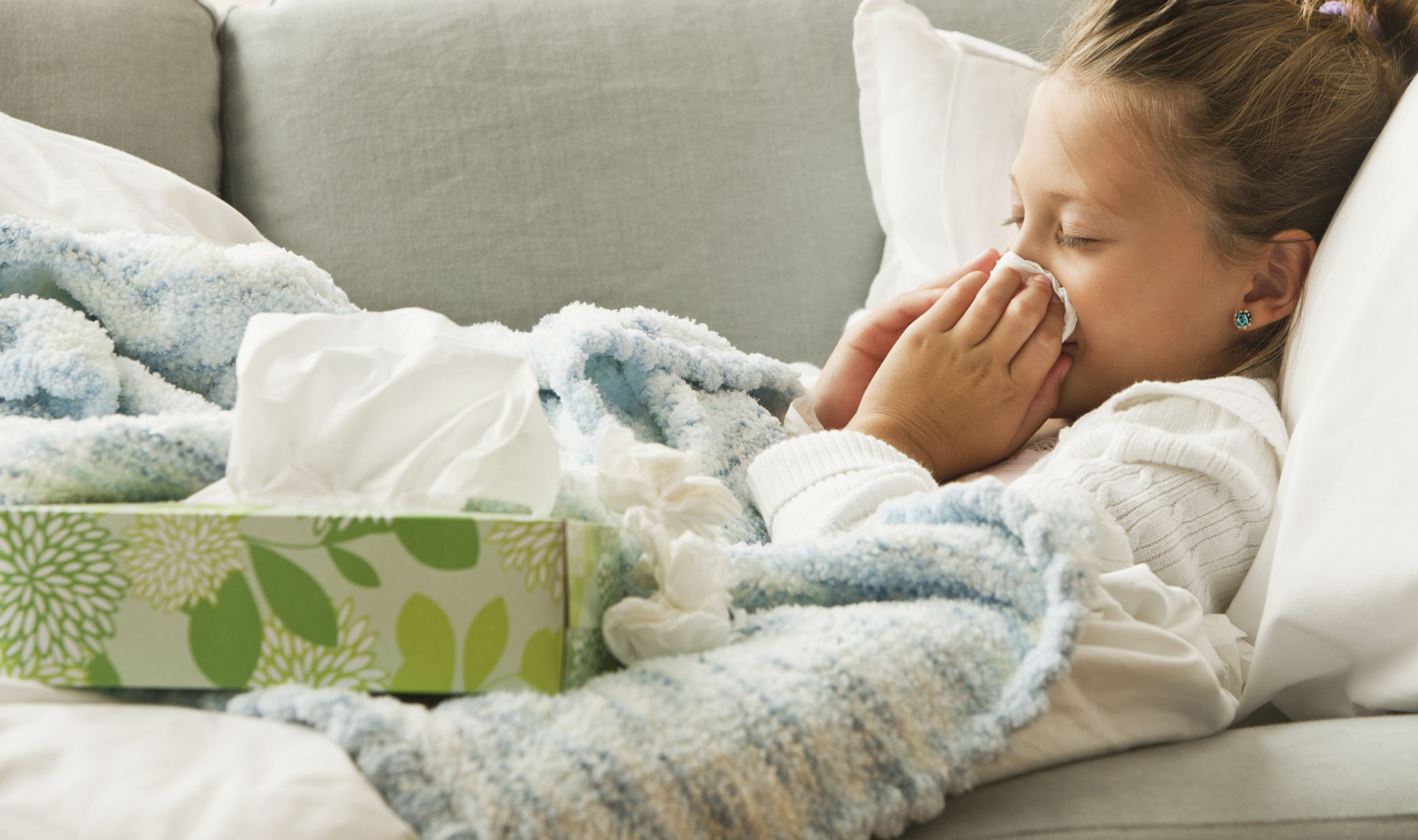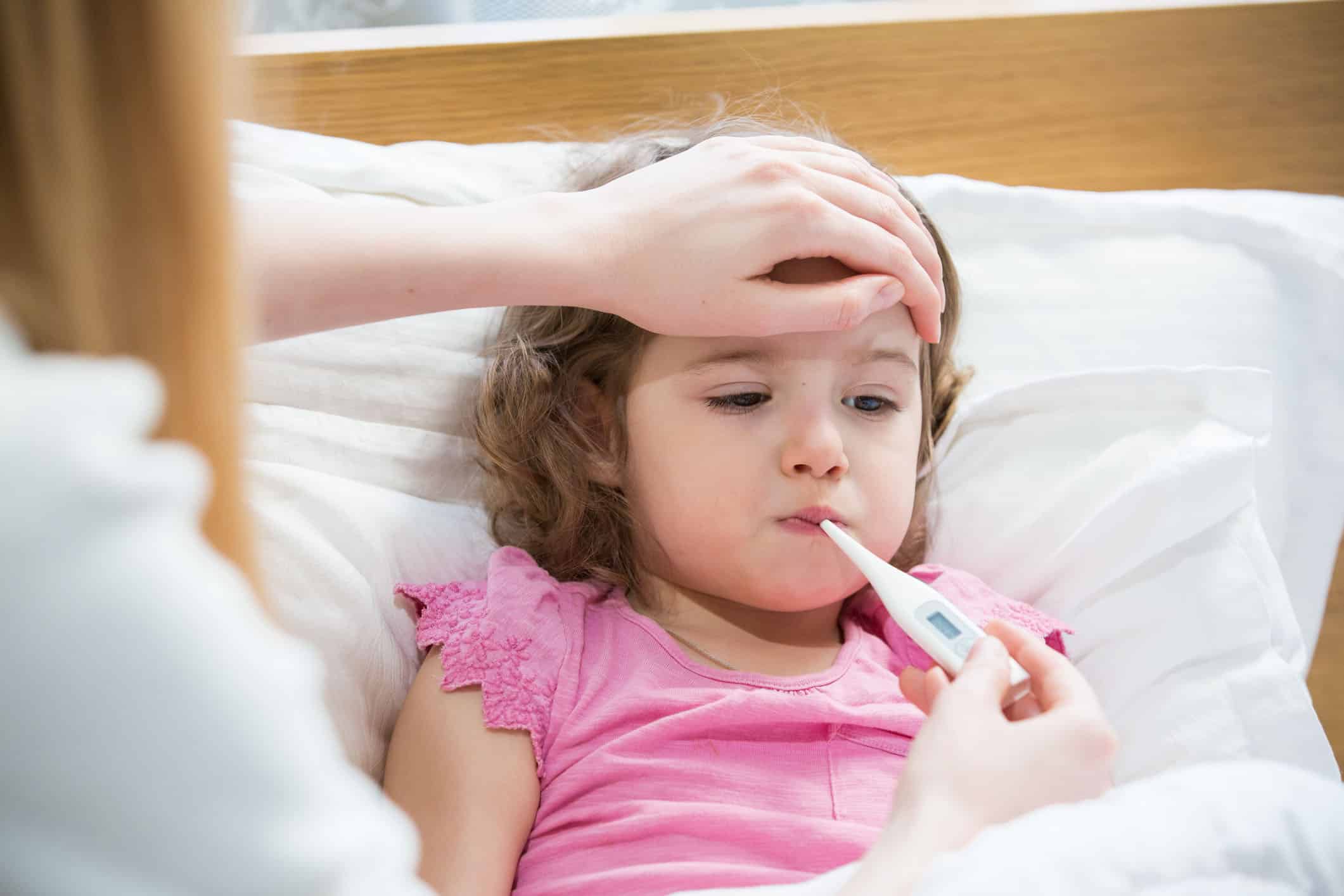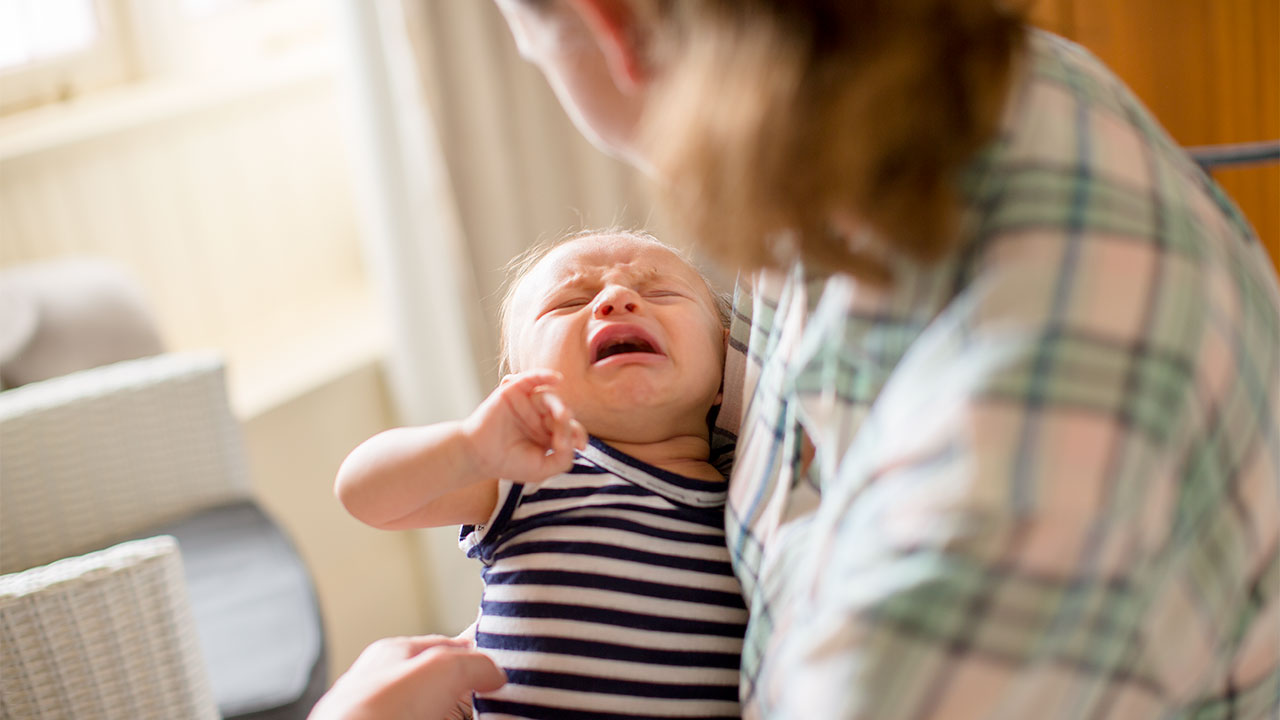Chưa được phân loại
How to Recognize and Treat Common Illnesses in Children
Hey there, fellow parents and guardians! If you’ve ever been on the wild adventure of parenting, you’ll know that kids are like mini tornadoes. They spin through life, collecting all sorts of germs and bugs along the way. With that in mind, it’s crucial to become adept at recognizing and treating common illnesses in children. So grab your coffee, settle in, and let’s dive into this whirlwind of child health!

>>>Read more: 10 Homemade Healthy Snack Recipes Your Kids Will Enjoy
Signs to Watch For
Before we jump into specific illnesses, let’s chat about some general signs that might indicate your little one isn’t feeling their best. Keep an eye out for:
- Fever: A classic sign of illness, a fever can indicate that your child’s body is fighting off an infection. Remember that a fever isn’t bad in itself; it’s the body’s way of saying, “Hey, we’ve got a battle to fight!”
- Coughing: A persistent cough, especially if accompanied by wheezing or difficulty breathing, should raise an eyebrow.
- Runny Nose: Whether it’s a clear stream or a gooey mess, a runny nose can signal several things, from allergies to the common cold.
- Rashes: Kids sometimes walk around looking like they’ve been attacked by a pack of wild crayons. Rashes can mean anything from a simple allergic reaction to something needing a doctor’s attention.
- Behavior Changes: Has your typically bubbly child turned into a little grump? Changes in mood, activity level, or sleep patterns can indicate they’re not feeling well.
- Stomach Ache: Kids might complain about their tummy hurting when they’re anxious or, well, when they have a virus. Pay attention to other symptoms that accompany the tummy troubles.
Now that we’ve got our antennas up, let’s look at some common illnesses and how you can cope!
1. The Classic Cold
Ah, the common cold—it’s like the rite of passage for kids. Usually caused by a virus, colds are characterized by runny noses, sneezing, coughing, and sometimes a slight fever.
How to Treat a Cold:
- Stay Hydrated: Encourage your child to drink plenty of fluids. Warm liquids, like chicken soup, can be especially soothing.
- Rest is Best: Let your mini tornado take it easy! Provide cozy blankets and maybe a favorite movie for some extra comfort.
- Steam It Up: A warm shower or steam from a pot of boiling water can help with congestion (just be sure to supervise!).
- Over-the-Counter Meds: Some children might benefit from age-appropriate OTC meds, but always consult your pediatrician first.
When to Call the Doctor:
If your child has a high fever for more than three days, shows signs of difficulty breathing, or isn’t getting better after a week, it’s time to check in with the doc.

2. Stomach Bugs
Ah, the stomach bug—possibly the most dreaded of all childhood illnesses. It often comes with vomiting, diarrhea, and a general sense of malaise.
How to Treat a Stomach Bug:
- BRAT Diet: When your child is able to eat, try the BRAT diet (Bananas, Rice, Applesauce, Toast). These foods are gentle on the stomach.
- Hydration is Key: Pedialyte or clear broths can help replace lost fluids and electrolytes.
- Rest Up: Your child will likely want to nap more than usual; let them! Resting is essential for recovery.
When to Call the Doctor:
If your child cannot keep fluids down, shows signs of dehydration (like dry mouth, lethargy, or dark urine), or has persistent symptoms lasting longer than a couple of days, don’t hesitate to reach out for medical advice.
3. Ear Infections
Kids are prone to ear infections, especially after a cold or sinus infection. Symptoms may include ear pain, trouble sleeping, and fussiness.
How to Treat an Ear Infection:
- Warm Compress: A warm cloth on the ear can relieve some pain.
- Over-the-Counter Pain Relievers: Talk to your doctor about what’s safe for your child’s age and weight.
- Watchful Waiting: Sometimes, ear infections clear up on their own. Your doctor may suggest just keeping an eye on it before jumping to antibiotics.
When to Call the Doctor:
If your child shows persistent pain or discomfort, a fever exceeding 102°F, or if ear drainage occurs, it’s time to get a professional evaluation.
4. Allergies
Seasonal allergies can be a nuisance, leading to sneezing, itchy eyes, and runny noses. Some kids may also react to food, pets, or dust.
How to Treat Allergies:
- Antihistamines: Over-the-counter antihistamines may help alleviate symptoms, but check with the doctor first.
- Nasal Rinses: A gentle saline nasal rinse can help clear out allergens.
- Keep It Clean: Keeping your home free of dust, pet dander, and mold can make a difference. Regular cleaning and vacuuming can help!
When to Call the Doctor:
If you suspect your child has severe allergies, leading to trouble breathing, swelling, or hives, seek medical attention immediately.

Final Thoughts
Parenting is like juggling—they have everything spinning around, and you’re just trying to keep it from crashing down! Knowing how to recognize and treat these common illnesses can arm you with the confidence to handle whatever comes your way.
Always remember, however, that your instincts are powerful! If something seems off, don’t hesitate to reach out to a medical professional. Your child’s health is paramount.
Here’s to hoping your little ones stay healthy and happy—though we all know that’s a tall order. Until next time, take care of yourselves and your mini tornadoes! 💪🌈
>>>Buy now: Custom Name Busy Board 1 2 3 Year Old
